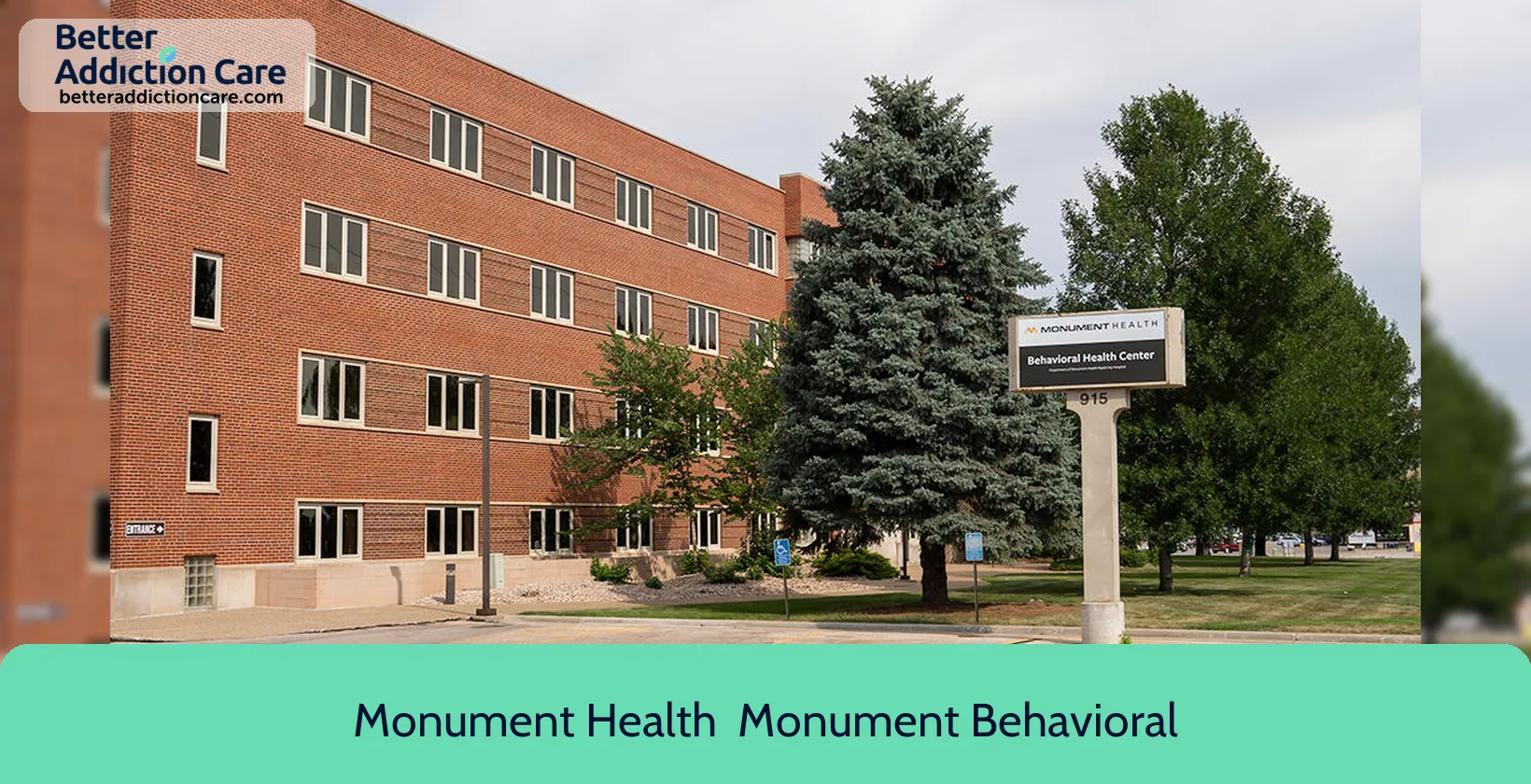Behavior Management Systems - Mainstream Mental Health Services

Overview
In Rapid City, South Dakota, West River Mental Health—formerly Behavior Management Systems—offers complete mental health and addiction treatment programs to adults and adolescents. A broad variety of requirements are catered for by their services, which include continuous aftercare assistance, outpatient care, and residential treatment. They also provide tailored programs for older adults, women who are pregnant or nursing, and those who are struggling with co-occurring mental health and drug use issues. A crucial aspect of their crisis stabilization offerings is the provision of an emergency help hotline and walk-in facility. There are also telehealth appointments available, guaranteeing treatment to anyone who are unable to come in person.
Full Circle, their residential program, is especially made for women who are struggling with drug addiction, especially those who are expecting or have young children. During therapy, children under the age of ten are permitted to reside with their mothers under the program. Personalized care is provided by this residential program, which integrates many treatments including life skills development, parenting education, trauma-focused therapy, vocational training, and prenatal and postpartum healthcare. During the mother's recuperation, the objective is to assist her physical and emotional needs while making sure her kid is safe.
The outpatient treatment programs offered by West River Mental Health include both individual and group therapy to help clients who need to address the psychological components of their behavior. These sessions address stress, anxiety, anger management, self-esteem, and sorrow, with an emphasis on creating healthy coping skills. To help clients on their road to recovery, additional treatments including medication management and psychiatric care are offered.
At West River Mental Health, aftercare programs are an essential component of the healing process. In order to provide a continuum of care beyond initial treatment, clients are linked to a range of community resources, such as recommendations for sober living, career counseling, healthcare services, and extra support networks. By using a comprehensive approach, clients are able to maintain their long-term recovery objectives and effectively reintegrate into society.
Behavior Management Systems - Mainstream Mental Health Services at a Glance
Payment Options
- Cash or self-payment
- Medicaid
- Medicare
- Private health insurance
- Federal military insurance (e.g., TRICARE)
Assessments
- Comprehensive mental health assessment
- Comprehensive substance use assessment
Age Groups
- Young adults
- Adults
- Seniors
Ancillary Services
- Assertive community treatment
- Case management service
- Court-ordered outpatient treatment
- Family psychoeducation
- Legal advocacy
Highlights About Behavior Management Systems - Mainstream Mental Health Services
6.68/10
With an overall rating of 6.68/10, this facility has following balanced range of services. Alcohol Rehabilitation: 8.00/10, Drug Rehab and Detox: 6.00/10, Insurance and Payments: 6.00/10, Treatment Options: 6.73/10.-
Alcohol Rehabilitation 8.00
-
Treatment Options 6.73
-
Drug Rehab and Detox 6.00
-
Insurance and Payments 6.00
Treatment At Behavior Management Systems - Mainstream Mental Health Services
Treatment Conditions
- Mental health treatment
- Substance use treatment
- Co-occurring Disorders
Care Levels
- Hospital inpatient treatment
- Outpatient
Treatment Modalities
- Group counseling
- Cognitive behavioral therapy
- Dialectical behavior therapy
- Integrated Mental and Substance Use Disorder treatment
- Activity therapy
Ancillary Services
Languages
- Sign language services for the deaf and hard of hearing
Special Programs
- Persons 18 and older with serious mental illness (SMI)
Get Help Now
Common Questions About Behavior Management Systems - Mainstream Mental Health Services
Contact Information
Other Facilities in Rapid City

6.74

6.89

6.89

6.56

6.89

6.96

6.89

6.71
Browse rehab centers near Rapid City and in other cities across South Dakota
DISCLAIMER: The facility name, logo and brand are the property and registered trademarks of Monument Health - Monument Behavioral Health Center, and are being used for identification and informational purposes only. Use of these names, logos and brands shall not imply endorsement. BetterAddictionCare.com is not affiliated with or sponsored by Monument Health - Monument Behavioral Health Center.
